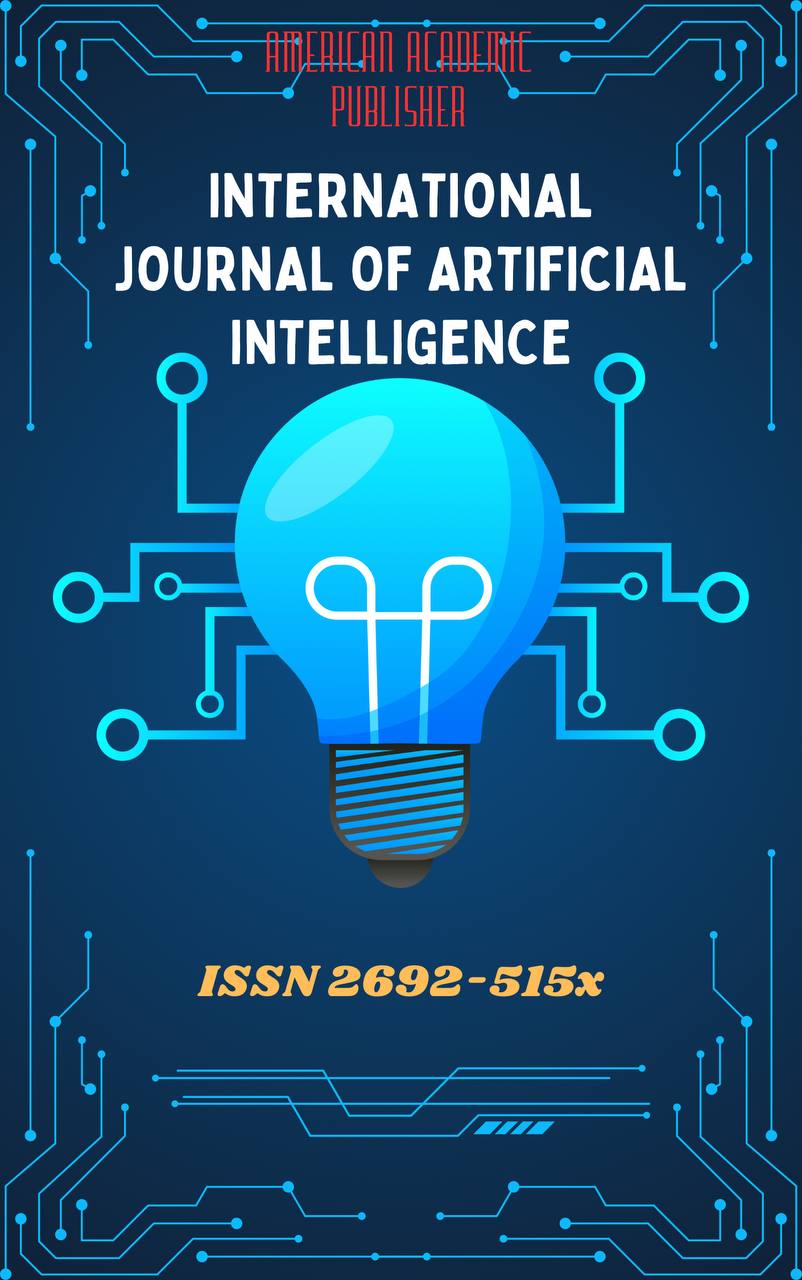 Articles
| Open Access |
Articles
| Open Access | PSYCHOLOGICAL ASPECTS IN THE CONTEXT AND TRANSLATION (on the basis of Khaled Hosseini’s the novel of “The Kite Runner”)
Abdullayeva Dilfuzakhon , Turan International University, UzbekistanAbstract
the psycholinguistic dimensions of literary translation play a pivotal role in the transference of meaning, emotion, and cultural nuance between languages. This paper investigates the psycholinguistic aspects involved in translating Khaled Hosseini’s novel “The Kite Runner” from English into Russian, emphasizing how language processing, cultural adaptation, and emotional resonance are both challenged and reshaped throughout the process. The study explores cognitive mechanisms and translator strategies that contribute to the effective rendition of literary themes and psychological depth across linguistic and cultural borders.
Keywords
psycholinguistics, literary translation, culture, emotion, cross-cultural communication, cognitive linguistics, adaptation, “The Kite Runner”.
References
Hosseini, K. (2003). The Kite Runner. Riverhead Books.
Baker, M. (2018). In Other Words: A Coursebook on Translation (3rd ed.). Routledge.
Hatim, B., & Munday, J. (2019). Translation: An Advanced Resource Book. Routledge.
Pavlenko, A. (2014). The Bilingual Mind and What It Tells Us about Language and Thought. Cambridge University Press.
Tabakowska, E. (2010). Cognitive Linguistics and Poetics of Translation. Peter Lang.
Article Statistics
Downloads
Copyright License

This work is licensed under a Creative Commons Attribution 4.0 International License.

